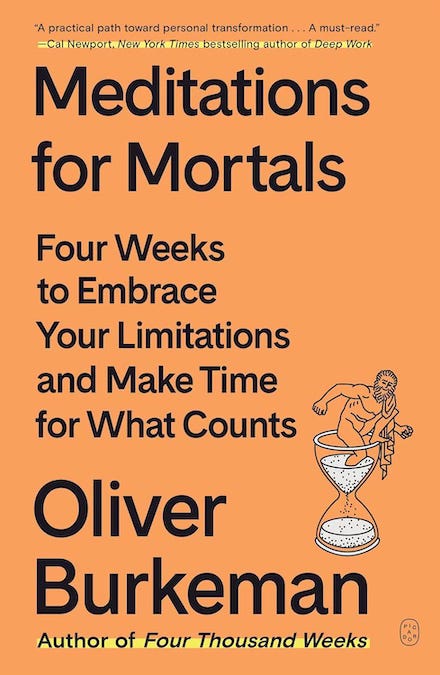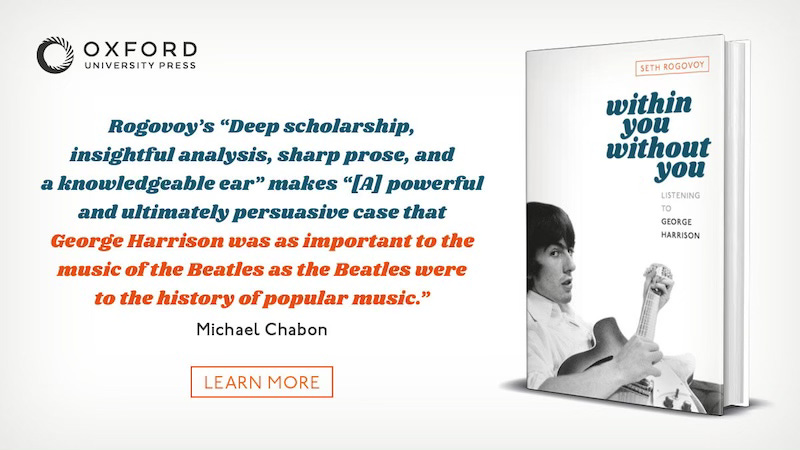SOMETHING I READ RECENTLY has made me view my life in an entirely new and different way.
It is so simple, and so obvious, and requires nothing but a modest change in perspective, yet it is life-changing and, at least in my experience, incredibly life-affirming.
Perhaps you, like me, have long had a sense that eventually the day would come when you would be able to wipe the slate clean, tidy up or declutter your life, and be able to devote all or most of your waking hours into beautiful stretches of uninterrupted time to work or to leisure. Perhaps to pursue creative work, projects, hobbies, or the like. To devote hours to reading or watching movies or gardening or exercising or whatever floats your boat. Maybe your dedication to these projects – writing a novel or a collection of poems; working on a series of paintings; learning a musical instrument or a foreign language, or improving your living space so it works and shines like a well-oiled machine – has been long present, but you feel that you can only really fully engage in them once you have cleared the decks of other responsibilities and organized your life so as to allow no distractions. Especially the unplanned ones: attending to children (or pets) who need or want your attention; dealing with mundane tasks regarding your house or car that require the assistance of helpers or contractors, taking time away from your project; or being pulled away from your work or project to engage in social obligations – all things that you might view as interruptions, leaving you pining for the day when all these interruptions come to an end.
I guarantee you there is such a time when all of us will no longer have to deal with life’s interruptions. It’s called death, or, depending upon your point of view, life after death.
Because, as was pointed out in what I read, all these interruptions, all these annoying diversions pulling you away from your intended work (or play), pulling you away from what you think you are meant to be doing, are in fact the very stuff of life. And rather than fight them, the only successful way of dealing with them is to accept and embrace them. Accept and embrace and maybe even welcome the interruptions, rather than despise or resent them.
AT THE VERY LEAST, changing one’s response to these interruptions, viewing them as an essential aspect of life rather than a negative, unwanted force getting in the way of life – as something “inherently bad” -- is a pretty good recipe for equanimity. To live constantly in opposition to what life inevitably will throw your way – the spanners in the works, the bumps in the road – is a prescription for frustration, anxiety, or worse.
This is not a new idea. One can find similar approaches or ways of thinking about time (or the false notion of “time”) in Buddhism or “be here now”-ism, or Stoicism, or probably in any number of philosophies or religions or spiritual disciplines.
This isn’t to say that one should not strive to simplify one’s life in order to keep interruptions at a minimum. There are great benefits to strategizing ways to reduce stress, and if interruptions cause you great stress, then by all means draw up some healthy boundaries in your life to keep interruptions and distractions from becoming overwhelming.
BUT THE IDEA THAT – short of living in seclusion in the woods or on a mountaintop – one can achieve total control over what happens in life is a false one, and worse, one destined to disappoint. There is no way to control everything that comes at you. Shit’s gonna happen. So rather than fight it to the point where it becomes an unhealthy obsession, why not just accept it as an essential aspect of life? By accepting interruptions in advance, by embracing them, by not fighting them when they rear their ugly heads but instead by dealing with them head-on as (some of) the very stuff of life, we can eliminate this major source of stress in our lives.
And now there’s someone at the door and the dog needs walking, so I need to take my leave….
(Much of the above was inspired by Oliver Burkeman’s recent book, Meditations for Mortals. While I give full credit to Burkeman’s writing in this and his other books for inspiring me, I also do not want to overemphasize my debt to his work, simply out of respect for it. I don’t want to misrepresent what he has to say, and perhaps the above represents a misunderstanding of what he writes. So let me just recommend his work to you, and maybe you will find it as enlightening as I do.)
In solidarity,
“Well, I don’t want to go on the roof.” -- George Harrison
Hey, did you like this edition of Everything Is Broken? If so, please consider clicking on the “LIKE” button at the very end of this message. It matters to the gods of Substack.
Roll Call: Founding Members
Anne Fredericks
Anonymous (9)
Susan Bang
Erik Bruun
Jane & Andy Cohen
Nadine Habousha Cohen
Fred Collins
Ian Feldman
Fluffforager
Benno Friedman
Amy and Howard Friedner
Jackie and Larry Horn
Richard Koplin
Paul Paradiso
Steve and Helice Picheny
David Rubman
Spencertown Academy Arts Center
Elisa Spungen and Rob Bildner/Berkshires Farm Table Cookbook
Julie Abraham Stone
Mary Herr Tally
Daniel Wollman and Debra Pollack







Ending George Harrison quote makes me smile.